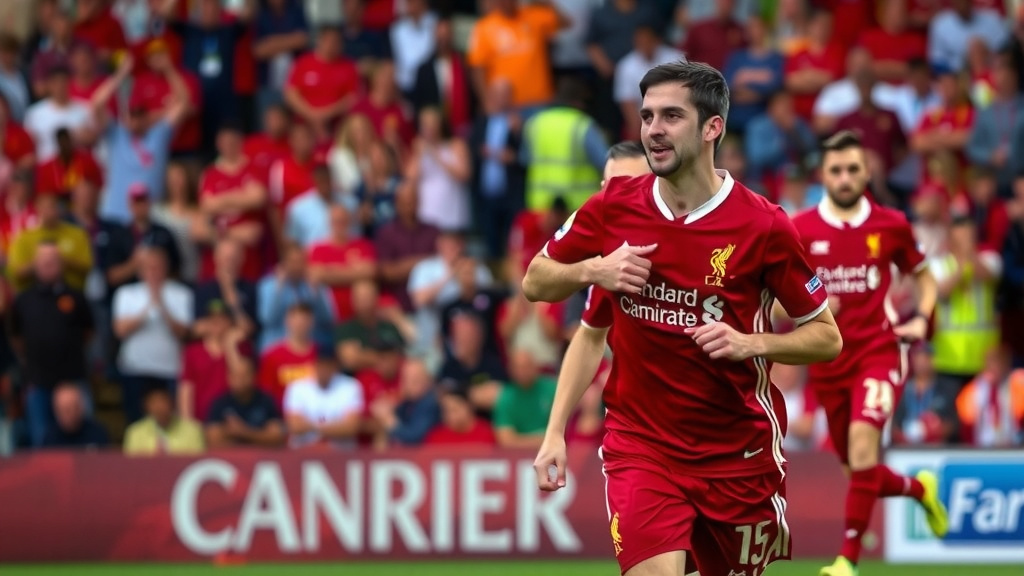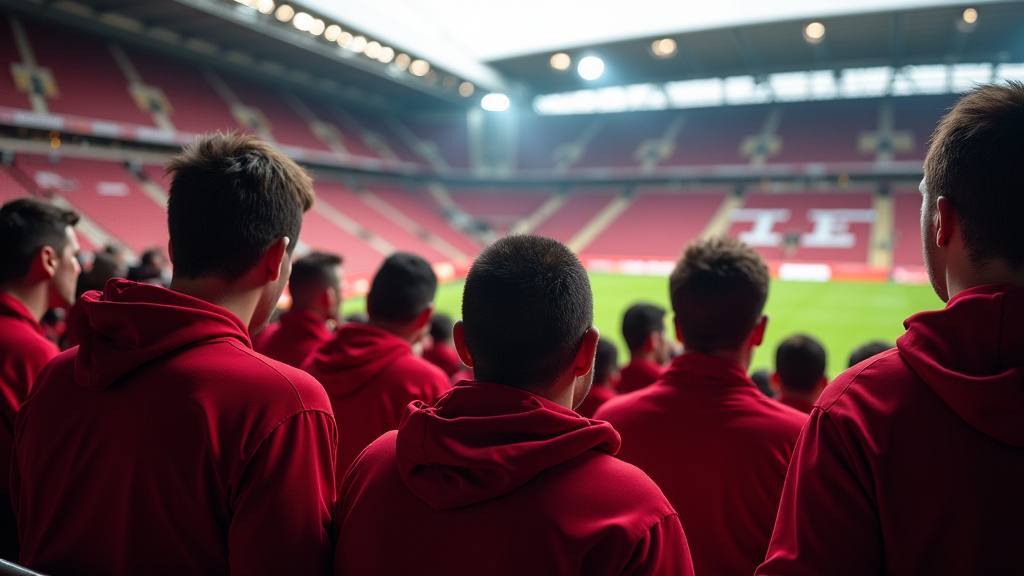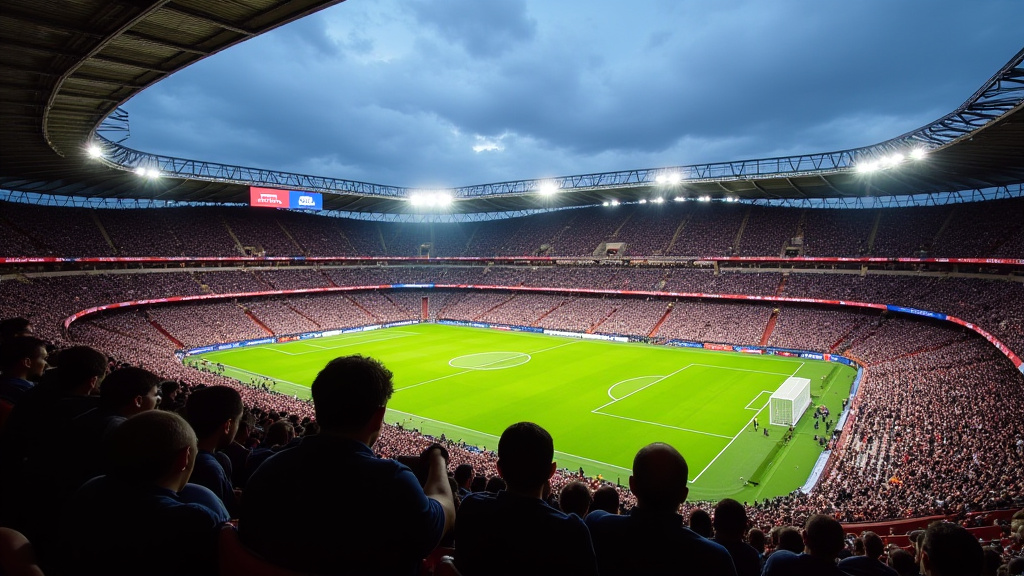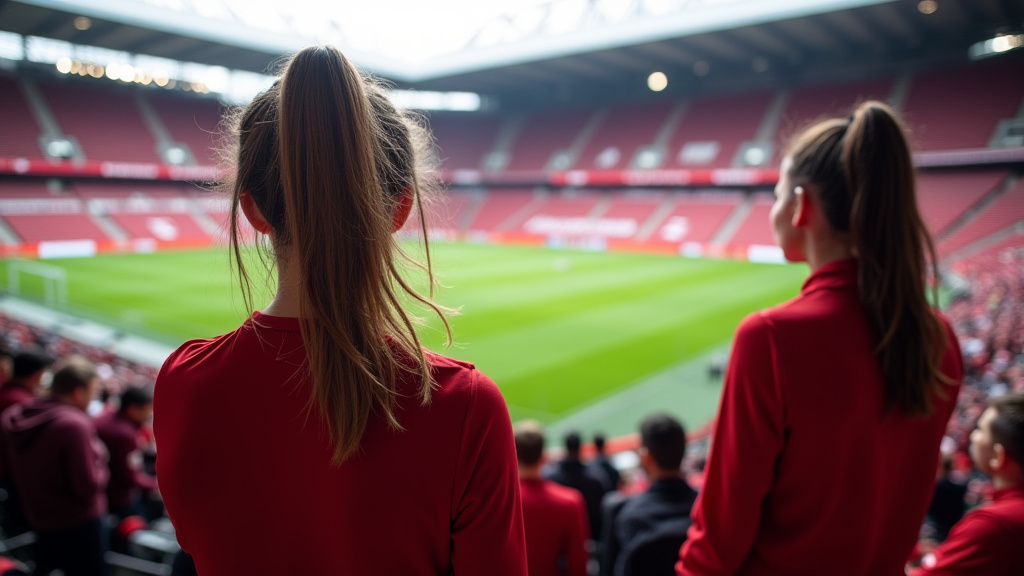Liverpool Owners FSG Set Their Sights on La Liga’s Getafe FC
In the ever-evolving world of football ownership, luxury conglomerates and savvy investors are reshaping the game’s future, one club at a time. Fenway Sports Group (FSG), the American outfit behind Liverpool FC’s remarkable rise, is reportedly exploring a new venture: acquiring Getafe CF, a competitive side from Spain’s La Liga. This potential move has sparked excitement and curiosity among fans and analysts alike. What does this mean for football’s global landscape? Could this be the blueprint for multi-club ownership models expanding across Europe and beyond? As football embraces globalization and innovative investment, FSG’s rumored Getafe purchase highlights the growing trend of cross-border ownership and strategic club development.
Understanding FSG’s Vision and Ownership Strategy
Fenway Sports Group is no stranger to football success. Since acquiring Liverpool FC in 2010, FSG has transformed the club from perennial title challengers into European champions and Premier League winners. Their approach focuses on sustainable growth: investing heavily in a state-of-the-art training facility, scouting, and hiring progressive managers like Jürgen Klopp. But FSG’s ambitions stretch further than Merseyside. Previously, they have owned stakes in other clubs, like the Boston Red Sox in Major League Baseball and acquiring the American soccer team, Seattle Sounders FC.
The potential acquisition of Getafe fits neatly into FSG’s broader strategy for global football influence. Unlike owning a single marquee club, multi-club ownership enables resource sharing, scouting networks expansion, and tactical synergies. Clubs like City Football Group have set a precedent by purchasing teams across continents, including Manchester City, New York City FC, and Melbourne City FC. FSG jumping into La Liga enhances their footprint in European football, giving them a foothold in Spain’s top flight—a league famous for technical prowess and global talent.
Why Getafe? The Charm of La Liga’s Dark Horse
Getafe CF is not the flashiest club in Spain, but their story is compelling. Based just outside Madrid, Getafe has punched above its weight in recent seasons, regularly avoiding relegation and occasionally challenging for European competition slots. Known for their tactical discipline and gritty performances, Getafe has earned respect for nurturing young talent and playing an astute brand of football.
From an investment perspective, Getafe presents an attractive opportunity. Their relatively modest valuation compared to giants like Real Madrid or Barcelona means FSG could acquire substantial influence at a lower entry cost. Furthermore, Getafe’s status allows room for growth—both on the pitch and commercially. With proper investment in infrastructure, marketing, and player development, Getafe could elevate in Spain’s hierarchy while serving as a strategic hub for FSG’s scouting and talent rotation.
Examples of other multi-club investors turn smaller teams into feeder clubs or platforms for emerging stars to gain valuable game time while under the umbrella of a global brand. For instance, RB Leipzig’s rise under Red Bull’s ownership demonstrates how structured investment and visionary management can transform a club’s fortunes swiftly. Could Getafe be Liverpool’s La Liga equal to RB Leipzig? Only time will tell, but the foundation seems ripe.
Impacts on Liverpool FC and La Liga
What does this potential acquisition mean for Liverpool FC fans? Multi-club ownership can bring mixed emotions. On the upside, FSG acquiring Getafe could establish a direct pathway for Liverpool’s young prospects to gain experience in one of Europe’s most technically demanding leagues. So instead of loan spells at lower-tier English clubs, emerging talents might hone their skills in La Liga’s fast-paced environment, benefiting both player development and Liverpool’s long-term competitiveness.
On the other hand, concerns about conflicts of interest or diluted focus can surface. However, given FSG’s track record of careful stewardship and clear governance structures, many analysts believe the potential benefits outweigh the risks. Importantly, FSG would be navigating UEFA regulations, which prevent clubs with shared ownership from competing in the same European competitions.
For La Liga, FSG’s entrance signifies increased international investment and attention. La Liga has traditionally battled with the English Premier League’s financial muscle in attracting talent and sponsorships. The backing of an influential group like FSG could bring fresh resources, boost competitive balance, and enhance marketing capacity, especially if Getafe can punch above its weight consistently.
What’s Next in Football Ownership Trends?
The reported interest in Getafe is part of a much larger movement shaping football’s future. Global ownership groups are redefining how clubs operate by centralizing scouting, analytics, and commercial strategies across their portfolios. This model aims to maximize player value and optimize team performance using shared best practices.
Consider the emerging examples like Red Bull’s five-club network and City Football Group’s seven clubs spanning continents. Multi-club ownership is no longer a novelty but a powerful competitive tool. FSG’s move into La Liga would align them with this trend and underline football’s increasingly interconnected ownership landscape.
Yet with these benefits come questions about tradition, local identity, and fan culture. How will clubs maintain their unique heritage under international conglomerates? How do supporters reconcile commercial imperatives with the emotional core of football? These debates will only intensify as ownership models evolve.
Conclusion
Fenway Sports Group’s rumored bid to purchase Getafe CF opens a fascinating chapter in modern football ownership. Combining FSG’s proven expertise with Getafe’s potential offers a unique case study in global sport strategy. For Liverpool fans, it could mean new pathways for talent development and competitive advantage. For football lovers globally, it signals the growing trend of multi-club ownership reshaping the game’s future. As these deals unfold, staying informed and engaged allows fans to better understand the balance between business ambitions and the heart-pounding passion that makes football special.
What do you think about FSG’s reported interest in Getafe? Could this move redefine Liverpool’s future talent pipeline? How do you feel about the rise of multi-club ownership in football? Share your thoughts below and join the conversation!













